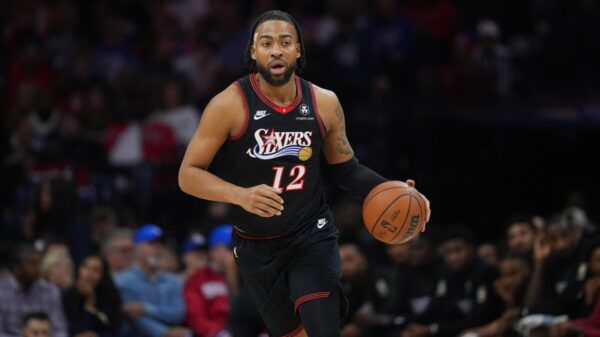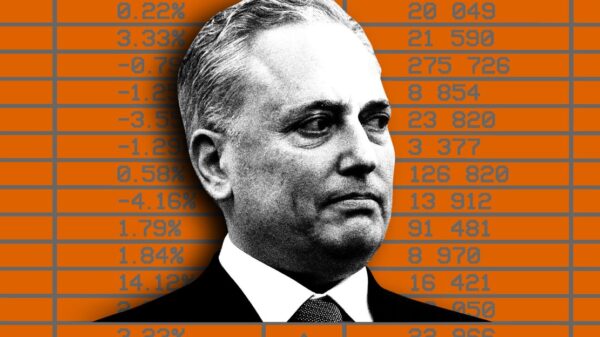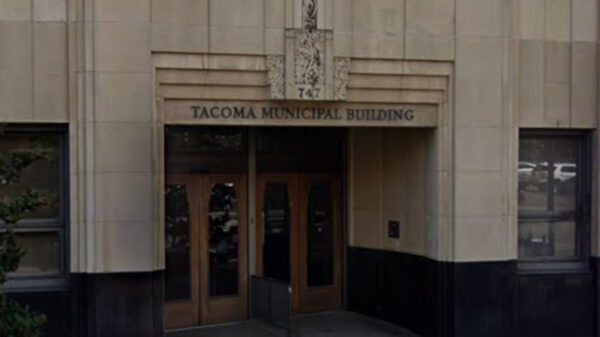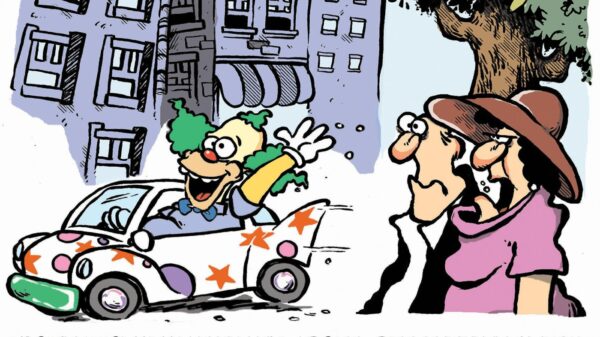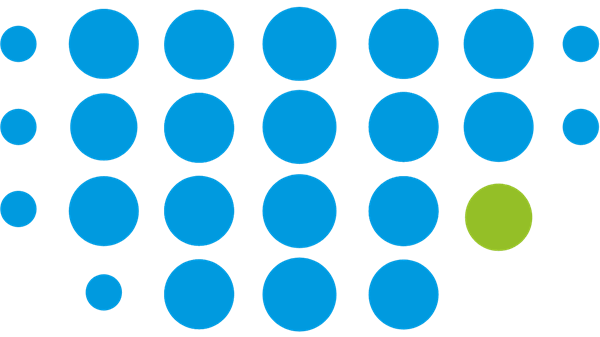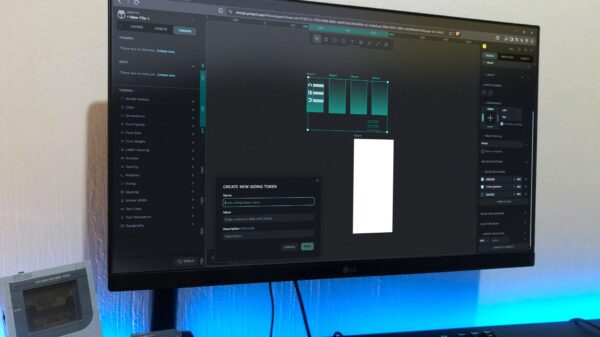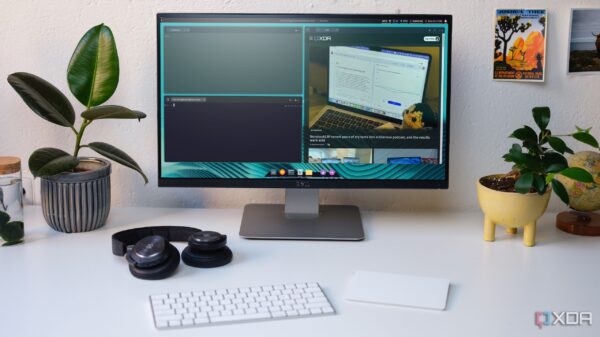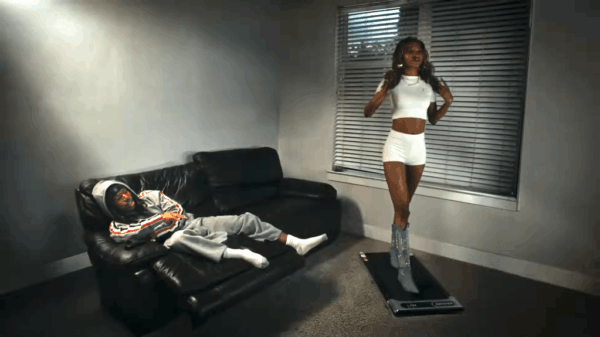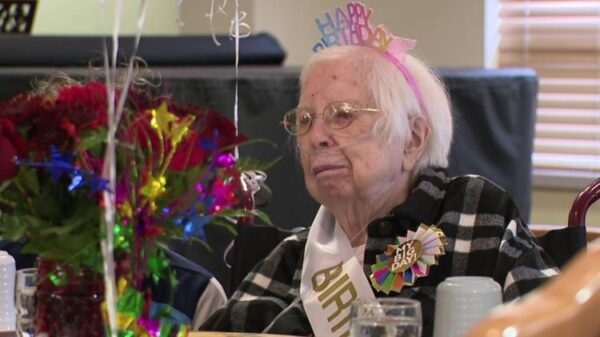Text-based therapy has been found to be as effective as live video therapy in treating depression, according to a recent study published in JAMA Network Open. Conducted by researchers from the University of Washington School of Medicine in collaboration with the telehealth platform Talkspace, the study examined the outcomes of 850 adults over a period of 12 weeks.
Study Findings and Methodology
Participants in the study were randomly assigned to receive therapy either through message-based communication or weekly video sessions. The researchers aimed to evaluate the effectiveness of both modalities in improving symptoms of depression. After six weeks of treatment, participants who did not respond were re-randomized to a combination of both types of therapy.
Results indicated that patients experienced similar levels of improvement in their depression symptoms and overall social functioning, regardless of the format of therapy they received. Interestingly, those who engaged in video therapy were slightly more prone to disengage early compared to those using message-based therapy.
Implications for Accessibility and Flexibility
The authors of the study highlighted the importance of flexibility in therapy delivery as a crucial factor for patient engagement. They noted that the potential for insurance coverage of message-based therapy could significantly increase accessibility for patients seeking mental health support.
This research underscores a growing trend in mental health care, particularly as the demand for accessible treatment options continues to rise. The findings suggest that text-based therapy could serve as a viable alternative for individuals unable or unwilling to participate in traditional video sessions.
As mental health resources evolve, studies like this pave the way for innovative approaches to treatment, aiming to meet the diverse needs of patients worldwide.

